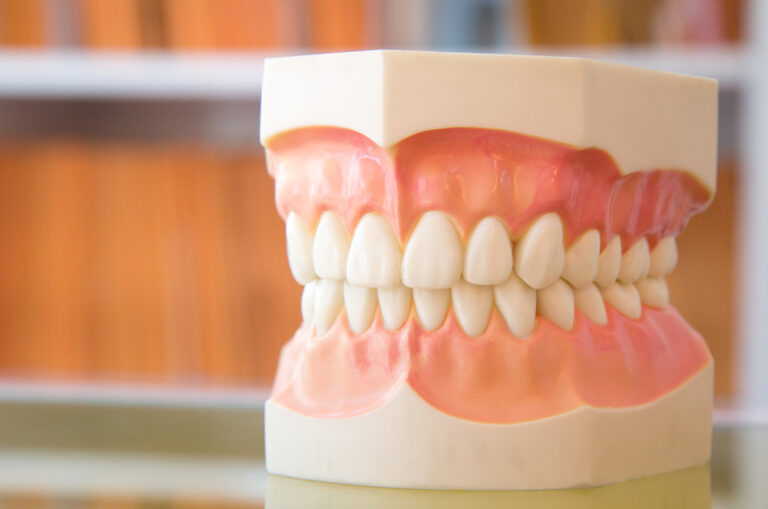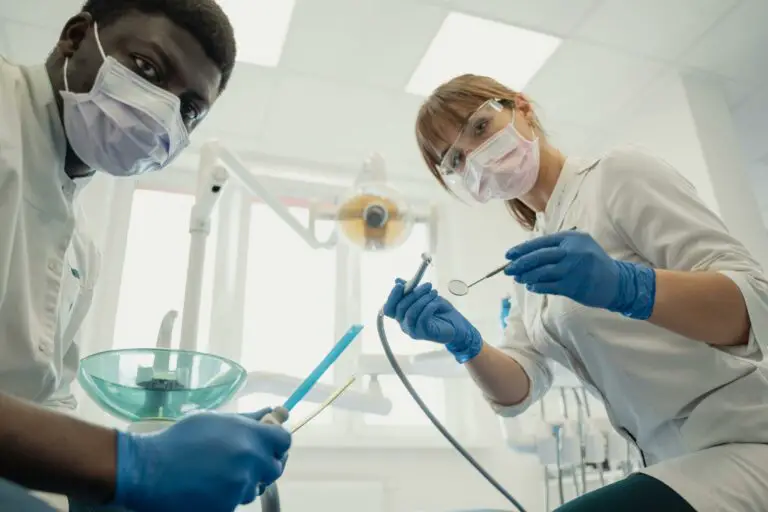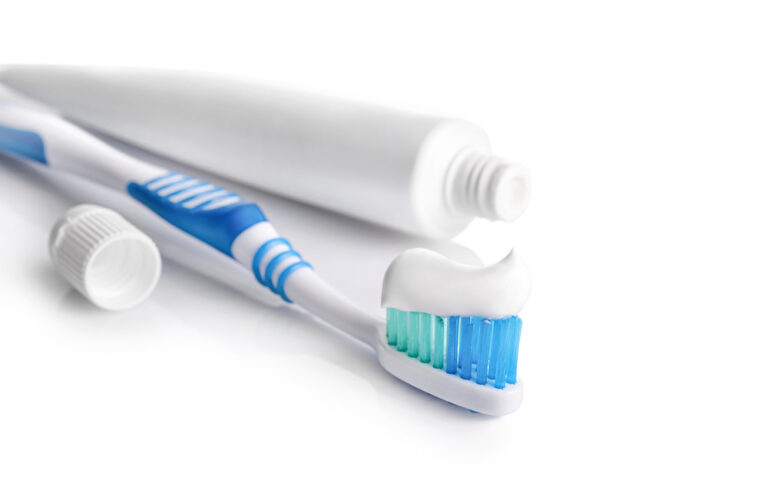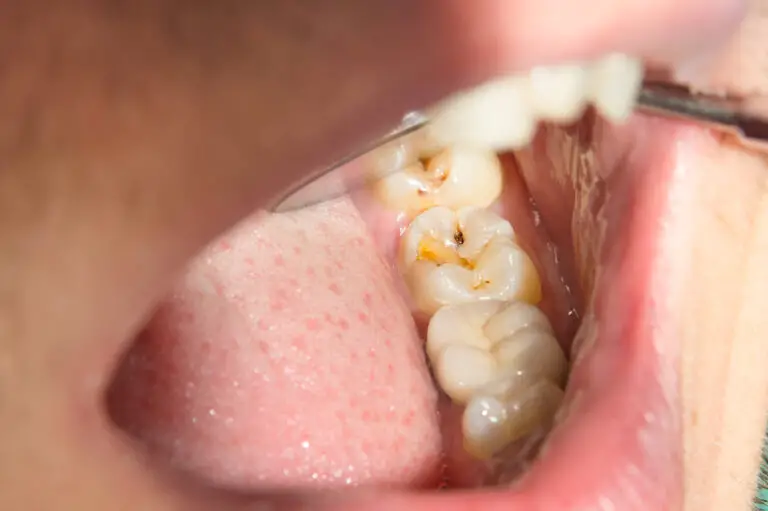Wisdom teeth, also known as third molars, are the last set of teeth to erupt in the mouth, usually between the ages of 17 and 25. They are located at the very back of your mouth, behind your 12 permanent teeth. Wisdom teeth often erupt when the jaw stops growing, which leaves little room for them to come in properly. This can cause a variety of problems, which is why many dentists recommend removing wisdom teeth even when no issues are present. However, wisdom teeth removal carries risks and costs that patients should consider. In many cases, it may be prudent to monitor wisdom teeth without removing them. Here are some reasons why you should think twice before extracting your wisdom teeth.
Potential benefits of keeping wisdom teeth

Spare teeth
Wisdom teeth can serve as spare teeth in case you lose one of your 12 permanent teeth to decay, gum disease, injury, or other causes. While dental implants and bridges can replace lost teeth, your own natural wisdom teeth are a more affordable and convenient option. Getting implants or bridges installed requires surgery and often multiple visits. The cost can range from $3,000 to $6,000 per tooth or even higher depending on the work needed. In contrast, letting your existing wisdom teeth remain in place costs nothing upfront. If you later lose another tooth, your dentist can remove the wisdom tooth and place it in the empty space. This process is quick, minimally invasive, and inexpensive compared to alternatives. If removed early, you lose that biological insurance.
Jaw and bite support
Wisdom teeth may help support your bite and stimulate bone growth in your jaws as you age. The same way losing teeth can cause your jawbone to deteriorate, keeping wisdom teeth can maintain that bone density long-term. Our jaws shrink as we get older due to disuse atrophy and reduced growth hormone levels. This causes wrinkles around the mouth. People without wisdom teeth may be at higher risk for these aging effects earlier. Keeping wisdom teeth and your full complement of 32 adult teeth provides optimal bite force and chewing stimulation to maintain healthy jawbones.
Improved chewing and digestion
Having more teeth generally allows you to chew food more thoroughly and effectively. Better chewing breaks food down better for digestion. Partially digested food also takes longer to travel through your digestive tract, which facilitates nutrient absorption. Food that is poorly chewed does not stimulate saliva and enzyme production as effectively either. Additionally, wisdom teeth increase your total biting surface area and grinding power. This helps you chew tough foods like meats, nuts, and fibrous vegetables that require more mastication. With age, missing teeth can make it difficult to eat these foods. Keeping your wisdom teeth maximizes chewing capacity.
Possible corrections for crowding or misalignment
In some cases, wisdom teeth may emerge properly and actually correct problems with bite alignment or dental crowding. Their eruption can shift other teeth into better position. This is not guaranteed, but it is possible in the right circumstances. For example, wisdom teeth may help naturally push crowded front teeth into more optimal alignment. This could reduce the need for braces or retainers. The downward pressure from emerging wisdom teeth may also close unwanted diastemas or gaps between other teeth. It is worth monitoring their development to see if they improve your overall bite.
Risks and complications of wisdom teeth removal
Nerve damage
One of the most serious risks of wisdom tooth extraction is damage to the inferior alveolar nerve that supplies feeling to your lower lip, chin, and tongue. This may cause permanent numbness or pain in these areas. The lingual nerve controlling tongue sensations is nearby and also at risk. Nerve injuries occur in up to 3% of wisdom tooth extractions, more often with lower tooth removal. Nerve healing can take months and may never fully recover normal sensation or function after wisdom tooth extraction damage.
Sinus complications
Your upper wisdom teeth roots may be very close to your maxillary sinuses. Extraction may leave an opening that causes sinus infection or other chronic issues like sinusitis. Sinus complications occur in approximately 2% of upper wisdom tooth extractions.
Dry socket
After extraction, the empty tooth socket can become infected and very painful. Food and debris collect in the socket, which delays healing. This is known as dry socket, affecting approximately 30% of wisdom tooth sites. Severe throbbing pain may persist for a week or more until the socket heals via secondary intention instead of normal clotting. This substantially extends recovery time.
Jaw fracture
Forceful removal techniques, especially on impacted teeth with extensively formed roots, can in rare cases fracture or crack the jawbone. This may require wiring the jaw shut for many weeks along with extensive additional treatment to heal the fracture.
Other risks
Additional possible risks include infection, bleeding issues, and accidental damage to nearby teeth and soft tissues like the cheek or tongue. There may be swallowing or aspiration risks when your mouth is numb after surgery as well. Your dental insurance may not fully cover treatment costs for any complications after the initial extraction procedure.
When you may need wisdom teeth extraction
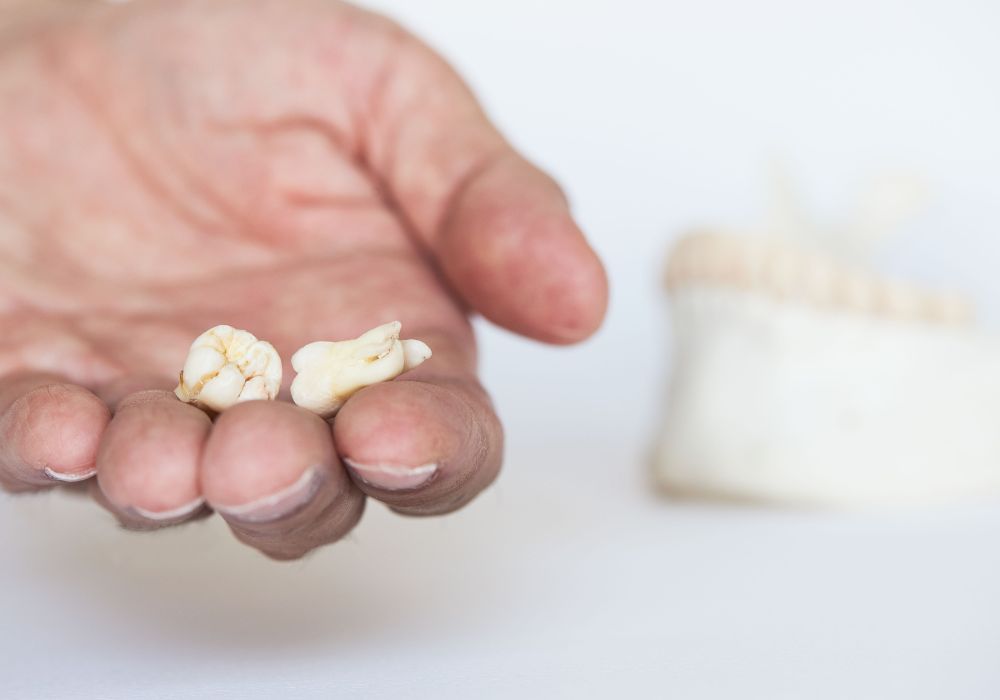
Of course, there are many situations where wisdom teeth should be removed. Some common reasons include:
Impaction
When wisdom teeth are blocked from erupting fully due to lack of space or angled emergence, they can become impacted. This increases infection risk and can damage surrounding areas over time from chronic inflammation and pressure. However, not all impacted wisdom teeth require removal. An estimated 73% of young adults have at least one impaction. Your dentist may recommend monitoring certain partially impacted wisdom teeth instead of extraction if no problems exist currently.
Cavities and gum disease
Partially visible wisdom teeth are hard to clean and prone to severe decay and infection. They may need extraction if the cavity is too extensive to restore with fillings or crowns. Pericoronitis gum infections around erupting wisdom teeth are also common and difficult to control.
Cysts or tumors
Cysts occasionally occur around emerging wisdom teeth, forming a fluid-filled sac. Tumors are rarer. Both cysts and tumors may indicate the need for tooth removal. Your dentist will evaluate the size, position, and other factors to determine if extraction is necessary.
Recurrent pericoronitis
Repeated infection and swelling of the gums around wisdom teeth is known as pericoronitis. Chronic or recurrent cases often warrant extraction. However, pericoronitis can usually be managed with antibiotics, salt water rinses, and improved oral hygiene before considering removal.
Orthodontic interference
Misaligned wisdom teeth may displace other teeth and interfere with orthodontic treatments like braces. Removing them may help achieve proper alignment. This is especially likely if your orthodontic treatment plan is still underway when wisdom teeth emerge.
Preparation for procedures
Any wisdom teeth present in the surgical field need to be extracted before major operations like dental implants, dentures, or corrective jaw surgery. This removes potential sites of infection before and after these procedures. However, if they will not impede the planned surgery, they may be left in place.
Questions to ask your dentist about wisdom teeth removal
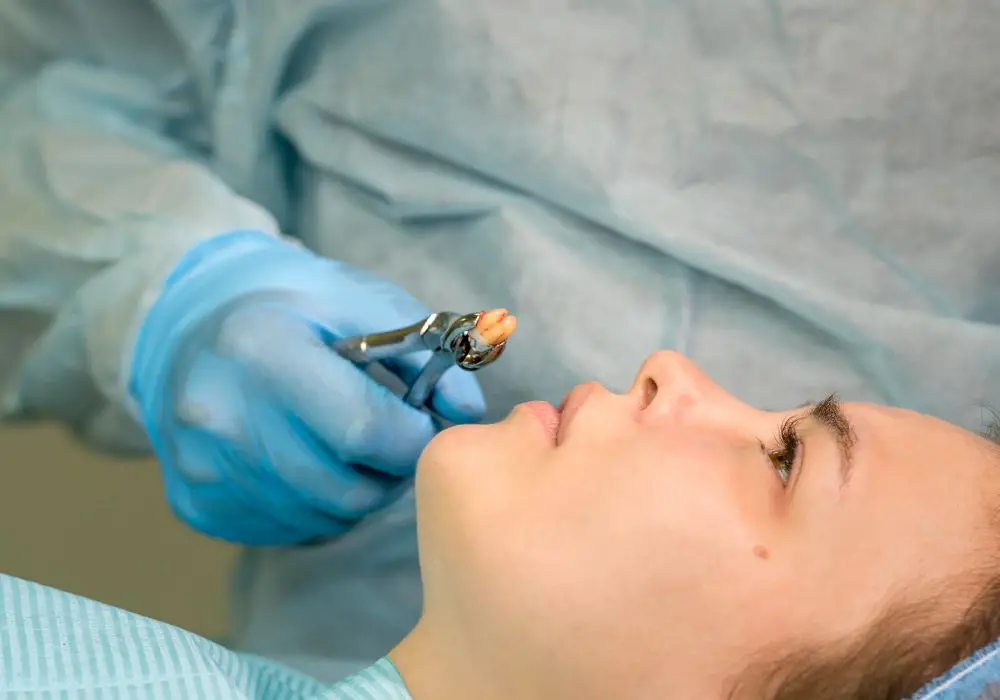
If your dentist recommends removing your wisdom teeth, be sure to ask:
- What specific risks or complications make extraction necessary in my case?
- What signs of impaction, decay, or other problems do you see in my x-rays or exam?
- How will removing or keeping my wisdom teeth impact my other teeth and my oral health long-term?
- What nonsurgical treatments might we try before resorting to extraction?
- What can I expect during recovery if I have my wisdom teeth extracted?
- Do you recommend IV sedation or general anesthesia during the procedure, and what are the differences in risks, recovery time, and cost?
- Will removing my wisdom teeth now prevent the possibility of any future orthodontic benefits if they emerge properly?
- How much does wisdom tooth extraction typically cost with and without insurance?
Making the decision about your wisdom teeth
There are many factors to weigh when deciding whether to remove your third molars. Be sure to discuss all options with your dentist. Some important considerations include:
- Your oral health history and risk factors for problems like infection or cysts
- Whether your wisdom teeth are fully or partially impacted
- Their position relative to nerves, sinuses, and other anatomies
- Any signs of disease or changes already visible around the wisdom teeth
- Your age and how difficult future extraction could become
- Costs and insurance coverage for extraction now or later
- Possible orthodontic effects of keeping or removing wisdom teeth
Unless there are clear signs of existing or imminent problems, it is reasonable to monitor wisdom teeth periodically and avoid prophylactic removal. Be sure to maintain good oral hygiene and see your dentist regularly. Address any wisdom tooth issues early before they become serious. Avoiding extraction can help mitigate risks, expenses, and the potential lifelong effects of losing viable teeth.
In conclusion
Wisdom teeth that have fully erupted into place may function just like your other teeth if kept healthy. There are risks either way, whether removing wisdom teeth or keeping them. Wise patients have an informed discussion with their dentist considering all factors. Unless there is a compelling dental health reason for extraction, erring on the side of caution and keeping your wisdom teeth may be the prudent choice. They could provide a lifetime of benefit.
Frequently Asked Questions
Should I have my wisdom teeth removed if they have not caused any problems yet?
No, prophylactic or preventative extraction of wisdom teeth with no signs of disease or impaction issues is generally not recommended. Research shows that early removal may cause more dental problems than it prevents. Monitoring asymptomatic wisdom teeth with regular exams is usually sufficient. Only extract wisdom teeth when a specific problem is present that cannot otherwise be effectively managed or treated.
How long is the recovery time after wisdom tooth extraction?
Healing time varies but plan on several days of swelling and soreness, at least a week before resuming normal activity, and possibly 2 or more weeks before vigorous exercise and hard foods. Pain and complications can extend this. With all 4 wisdom teeth extracted, recovery may take 4-6 weeks. Heavy bleeding, infection, dry socket, nerve injury, and other issues can prolong healing. Follow your dentist’s post-op instructions carefully.
Do wisdom teeth push other teeth out of position?
Partially impacted wisdom teeth may gradually affect the position of and crowd surrounding teeth. Whether this occurs depends on their orientation and available space in your jaws as your wisdom teeth emerge. Properly erupted wisdom teeth are unlikely to cause crowding issues. Monitoring their development helps predict effects on your bite.
Does wisdom tooth extraction hurt?
Removal is done under local or general anesthesia so you do not feel pain during the procedure. However, there may be moderate to severe pain, swelling, and soreness afterward as you recover. Prescription pain medication helps control discomfort. Anesthetic effects make the surgery painless, but proper anesthesia, skilled surgery, and medications are still needed to manage post-op pain.
Can you only have wisdom teeth removed as a teenager?
No, wisdom tooth extraction can be done at any age if problems develop. However, it is often recommended in the late teens to early 20s before roots are fully formed and before jaw bones become denser and harder. Removal is easiest at younger ages. Impacted wisdom teeth become more difficult to extract later in life as roots elongate and jawbone hardens. However, bony changes make surgery more invasive with advanced age, so balance these factors carefully.

